Congratulations to Dr. Hyun-Joo Lim, Senior Lecturer in Sociology, on the publication of her book East Asian Mothers in Britain: An Intersectional Exploration of Motherhood and Employment. This book focus on how Chinese, Japanese and Korean mothers in the UK make sense of their motherhood and employment. It addresses questions such as: “What are the intersecting factors that shape these women’s identities, experiences and stories?”
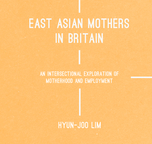 Contributing further to the continuing discourse and development of intersectionality, this book examines East Asian migrant women’s stories of motherhood, employment and gender relations by deploying interlocking categories that go beyond the meta axes of race, gender and class, including factors such as husbands’ ethnicities and the locality of their settlement. Through this, Dr. Lim argues for more detailed and context specific analytical categories of intersectionality, enabling a more nuanced understanding of migrant women’s stories and identities.
Contributing further to the continuing discourse and development of intersectionality, this book examines East Asian migrant women’s stories of motherhood, employment and gender relations by deploying interlocking categories that go beyond the meta axes of race, gender and class, including factors such as husbands’ ethnicities and the locality of their settlement. Through this, Dr. Lim argues for more detailed and context specific analytical categories of intersectionality, enabling a more nuanced understanding of migrant women’s stories and identities.
The book is published by Palgrave Macmillan (hardcover ISBN978-3-319-75634-9), see website: https://www.palgrave.com/gb/book/9783319756349
Prof. Edwin van Teijlingen

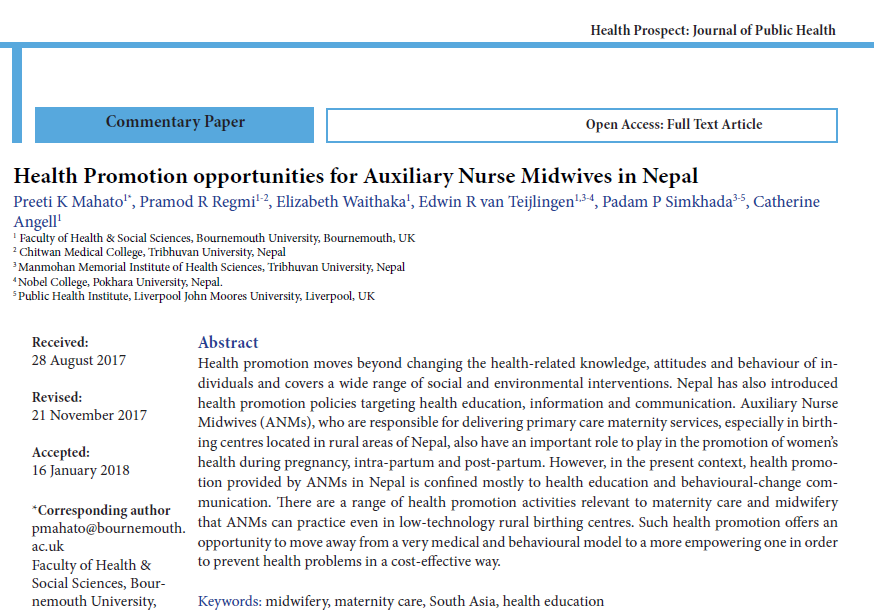
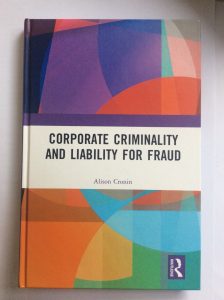 Congratulations to Dr Alison Cronin on the publication of her book, “Corporate Criminality and Liability for Fraud” by Routledge which builds on her PhD thesis. Taking a rational reconstruction of orthodox legal principles, and reference to recent discoveries in neuroscience, Alison reveals some startling truths about the criminal law, its history and the fundamental doctrines that underpin the attribution of criminal fault. With important implications for the criminal law generally, the focus of the book is the development of a theory of corporate criminality that accords with the modern approach to group agency. Alison puts forward the theoretical and practical means by which companies can be prosecuted, where liability cannot or should not be attributed to its individual directors/ officers.
Congratulations to Dr Alison Cronin on the publication of her book, “Corporate Criminality and Liability for Fraud” by Routledge which builds on her PhD thesis. Taking a rational reconstruction of orthodox legal principles, and reference to recent discoveries in neuroscience, Alison reveals some startling truths about the criminal law, its history and the fundamental doctrines that underpin the attribution of criminal fault. With important implications for the criminal law generally, the focus of the book is the development of a theory of corporate criminality that accords with the modern approach to group agency. Alison puts forward the theoretical and practical means by which companies can be prosecuted, where liability cannot or should not be attributed to its individual directors/ officers.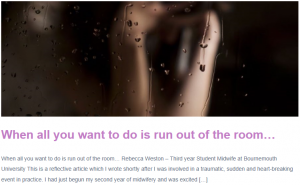
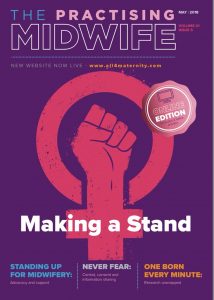
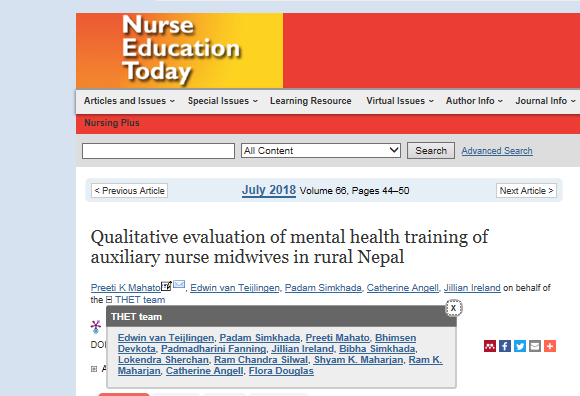
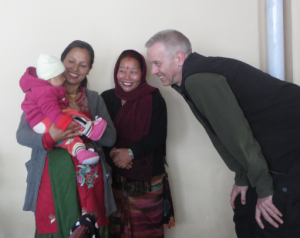
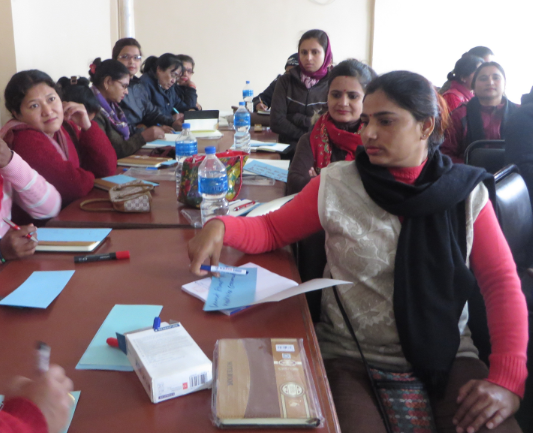
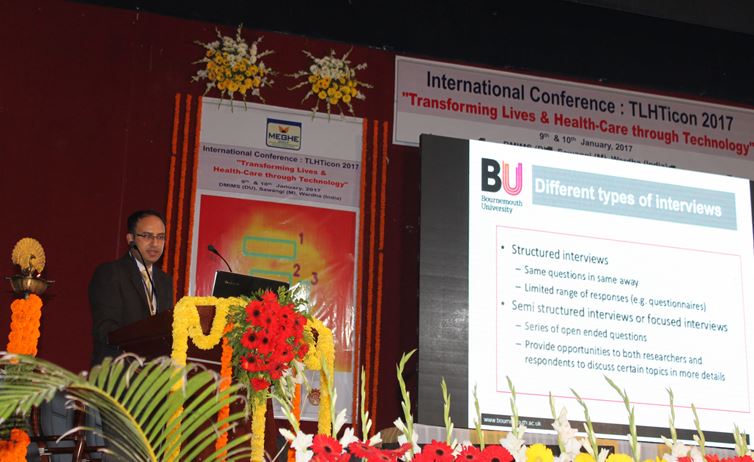
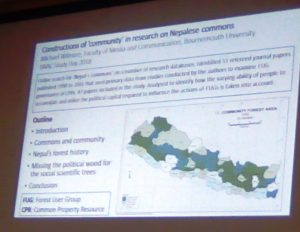
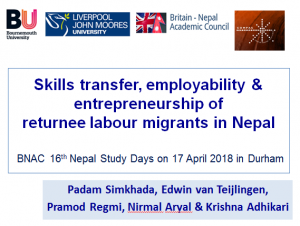
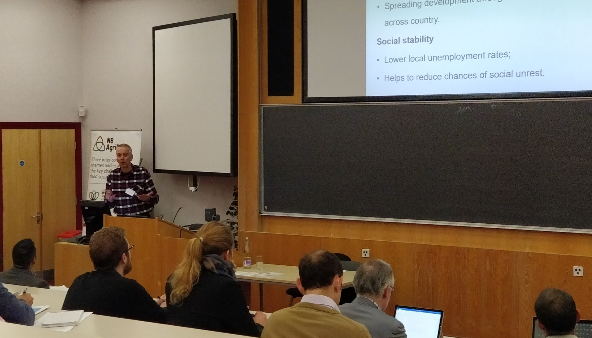

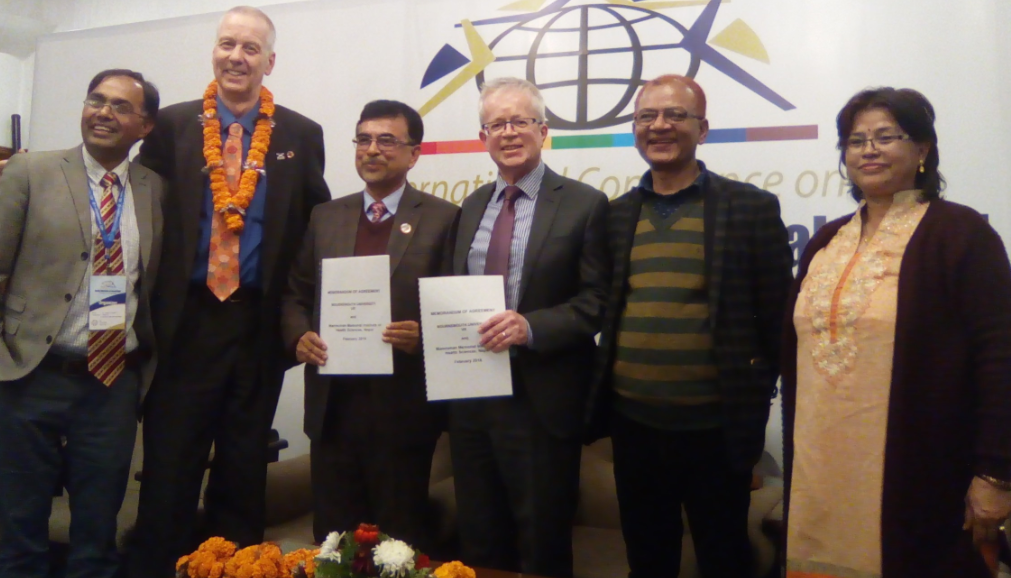
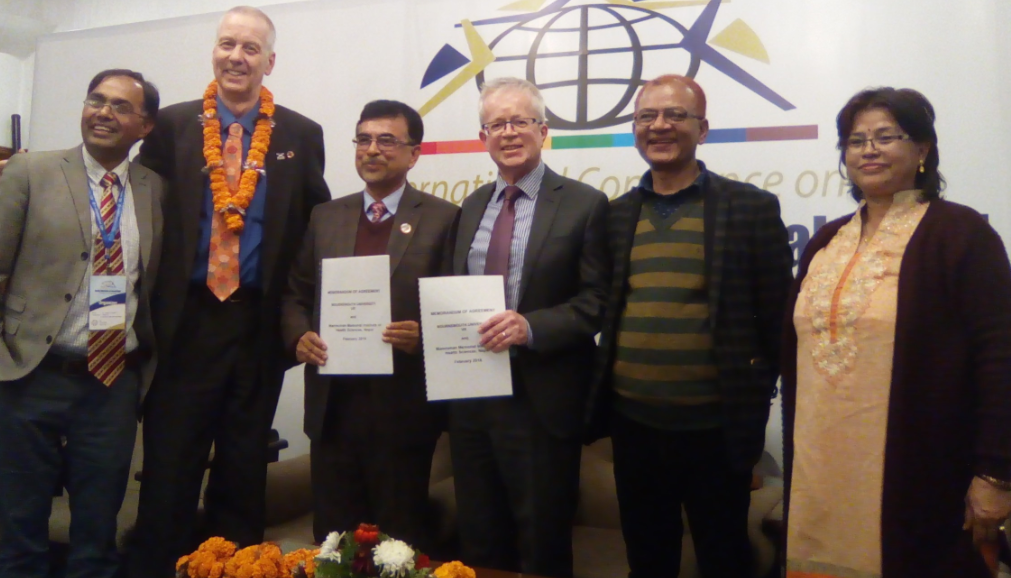
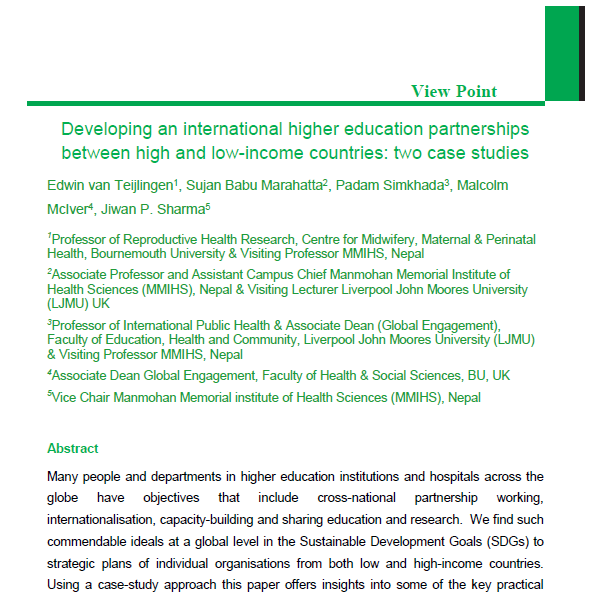

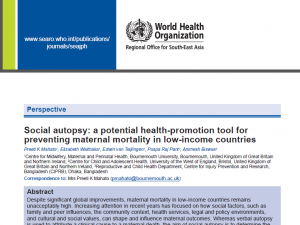

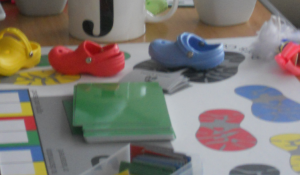
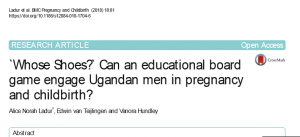


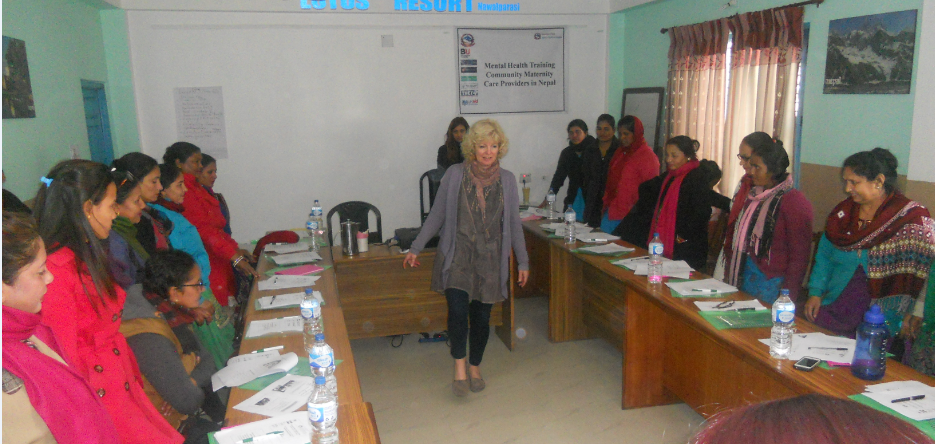

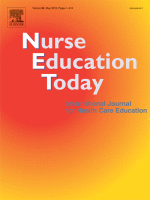
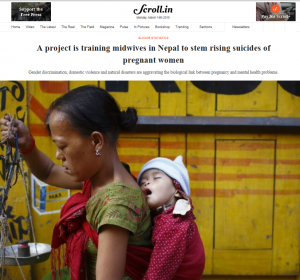
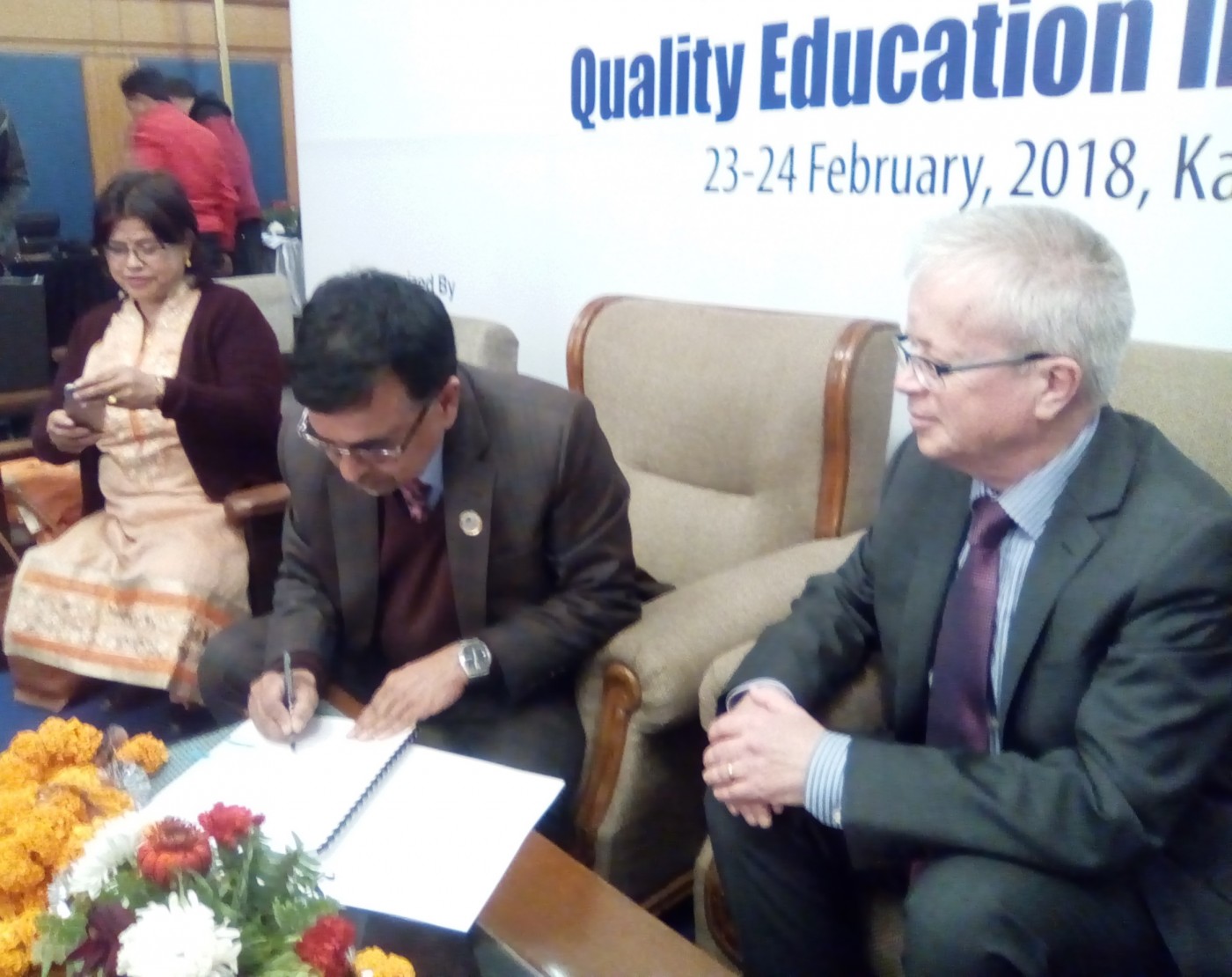


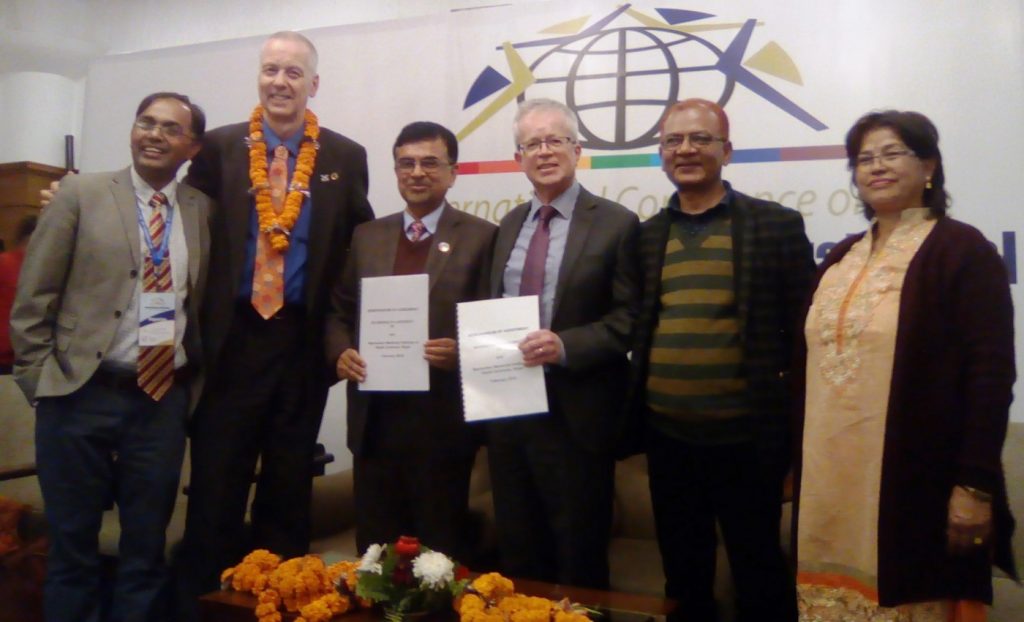
 Since then the research project was invited to contribute a chapter to a book related to the topics from the Symposium, which is due out this summer (see below for further details).
Since then the research project was invited to contribute a chapter to a book related to the topics from the Symposium, which is due out this summer (see below for further details).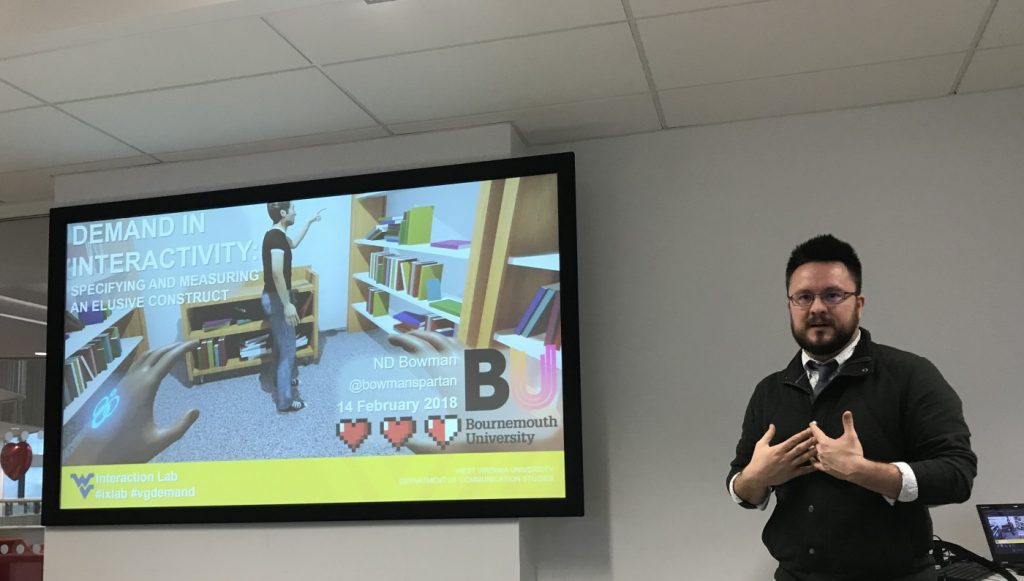
 Open access is about making the products of research freely accessible to all. It allows research to be disseminated quickly and widely, the research process to operate more efficiently, and increased use and understanding of research by business, government, charities and the wider public.
Open access is about making the products of research freely accessible to all. It allows research to be disseminated quickly and widely, the research process to operate more efficiently, and increased use and understanding of research by business, government, charities and the wider public.










 New Seed Fund for Public Engagement with Research: Last Six Funding Opportunities Available
New Seed Fund for Public Engagement with Research: Last Six Funding Opportunities Available Congratulation on new interdisciplinary publication
Congratulation on new interdisciplinary publication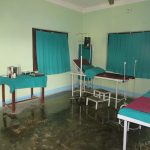 BU professor speaking at Aberdeen Centre for Women’s Health Research (ACWHR)
BU professor speaking at Aberdeen Centre for Women’s Health Research (ACWHR) Reminder: Opportunity to get more involved in preparing Social Work and Social Policy REF 2029 submission – impact and engagement
Reminder: Opportunity to get more involved in preparing Social Work and Social Policy REF 2029 submission – impact and engagement New seed fund for public engagement with research: open for applications
New seed fund for public engagement with research: open for applications Horizon Europe News – December 2023
Horizon Europe News – December 2023